China’s Grip on US Farmland Poses a Threat to Your Dinner Table
During a recent House Committee on Agriculture hearing, Democratic and Republican lawmakers expressed deep concern over China’s influence on US farmland.
While it might seem like China cannot threaten US farmland from the other side of the world, lawmakers worry that this potential threat could affect every American’s dinner table.
The Threat to US Farmland
During the meeting, Chairman Glenn Thompson (R-Pennsylvania) highlighted the ongoing and multifaceted threats that American farmland faces from China’s purchase of U.S. agricultural land.
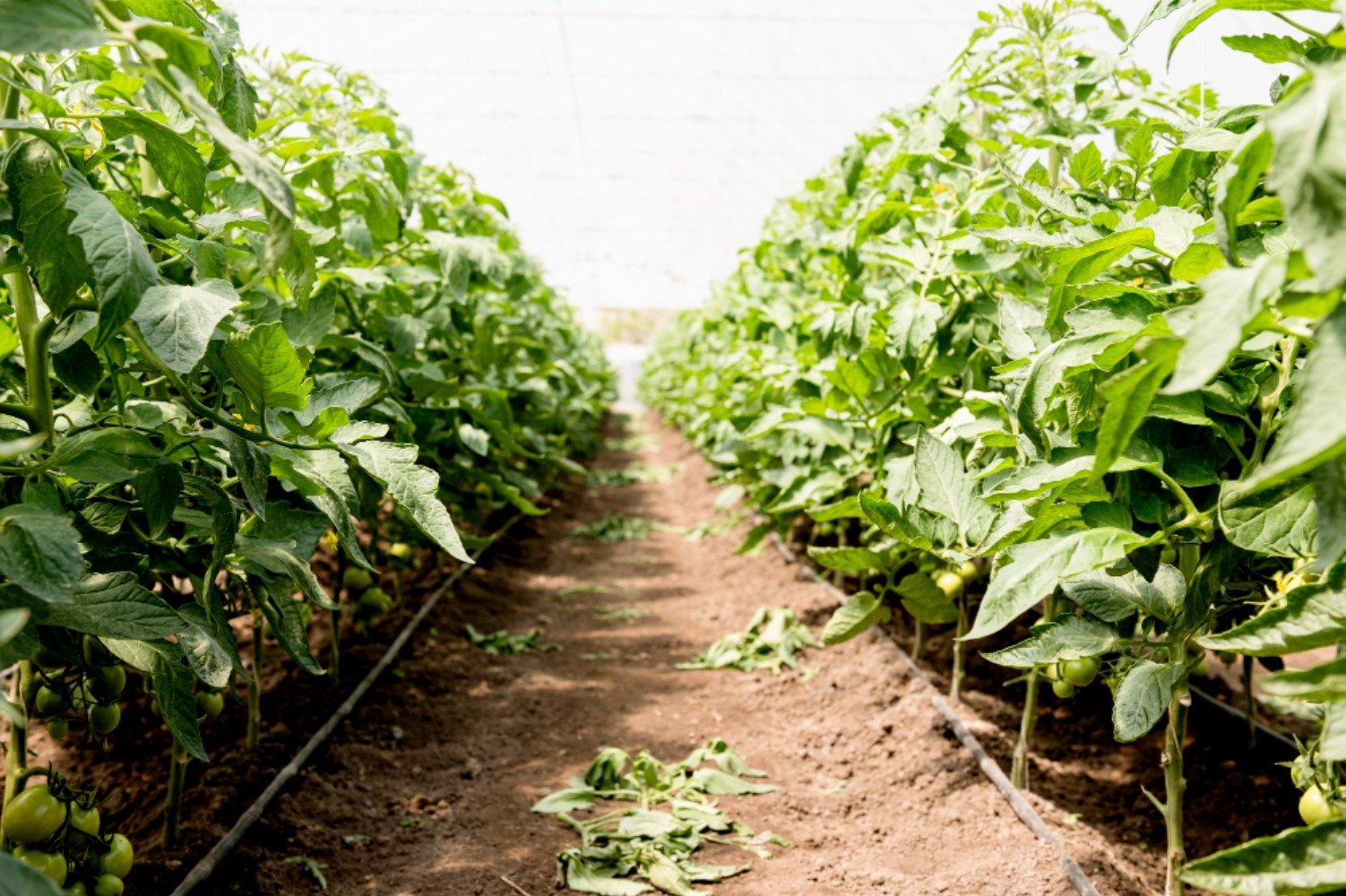
Source: Freepik
These threats include intellectual property theft, cybersecurity breaches, and the strategic acquisition of American farmland.
States Push Back
States like Arkansas and Texas have already taken measures to halt foreign land ownership as concern grows about national security and the shaky state of the economies in rural communities.

Source: Pete Alexopoulos/Unsplash
These states and many lawmakers fear that these purchases of farmland could allow China to establish locations close to military operations and critical infrastructure.
How Did This Happen?
In a recent news report, flaws in identifying foreign ownership of US farmland were discovered by the US Government Accountability Office (GAO), (via Thrift My Life).
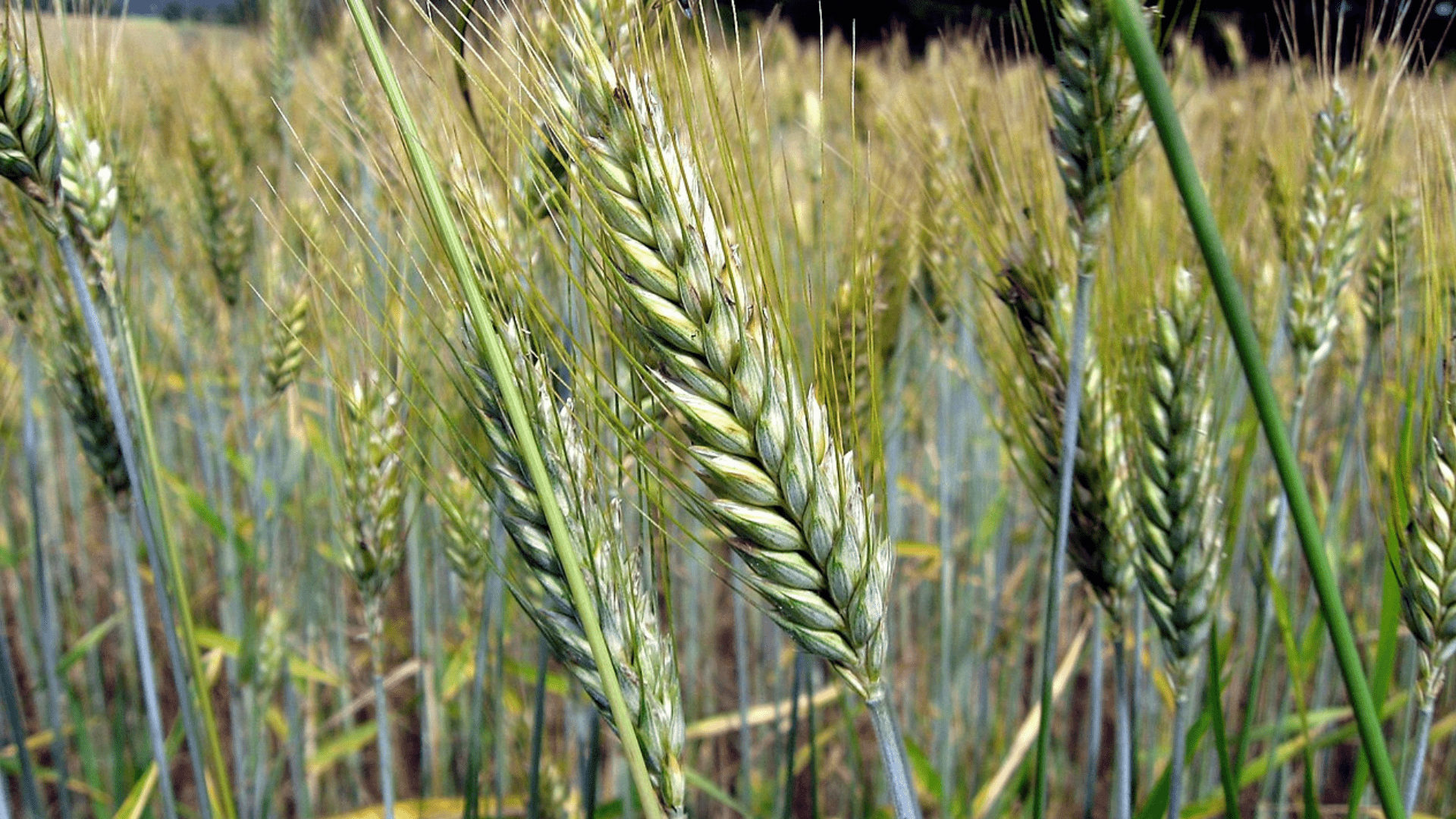
Source: Tomasz Sienicki/Wikimedia Commons
The GAO’s investigation into this flaw showed the government’s failure to properly track the ownership of American farmland, a responsibility that falls onto the shoulders of the US Department of Agriculture (USDA), allowing foreign entities to invest in land.
What Is the AFIDA?
The Agricultural Foreign Investment Disclosure Act (AFIDA) of 1978 requires that a foreign person who acquires, disposes of, or holds an interest in US agricultural land must disclose these transactions and holdings to the Secretary of Agriculture.
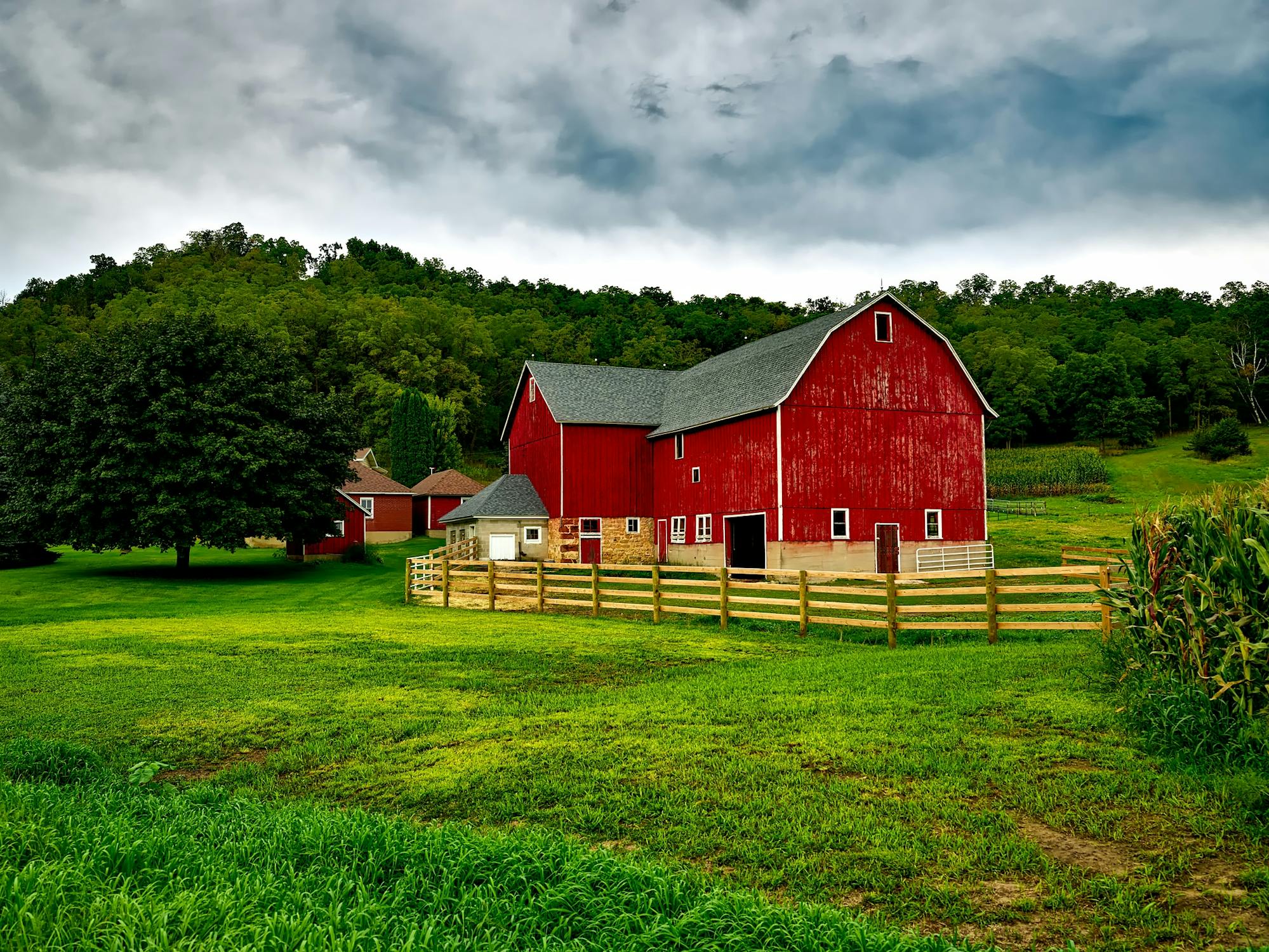
Source: Pixabay/Pexels
If a foreign person wants to own land in the US, they must disclose the transactions and holdings to the Secretary of Agriculture. The recent uptick in Chinese-owned farmland in the US shows that these practices are being ignored.
The Flawed Process
The GAO criticized the USDA’s flawed processes for collecting, tracking, and reporting key information related to foreign investments.
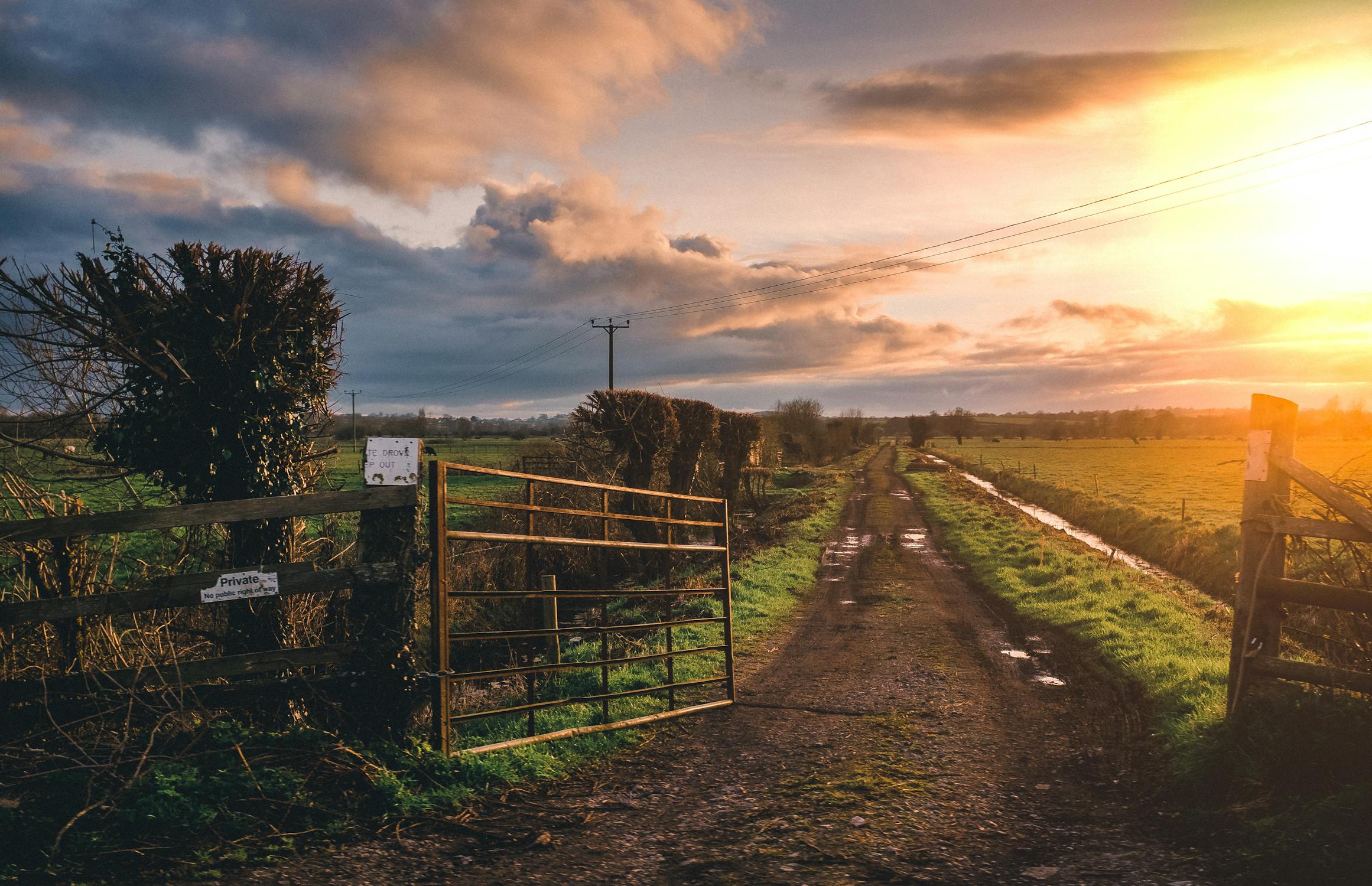
Source: Chanita Sykes/Pexels
“USDA implements AFIDA across field offices and headquarters, but its processes to collect, track, and report key information are flawed,” the report said.
China’s Ownership of Land
Over the past decades, Chinese-owned land in the US has increased, with significant acquisitions like the 2013 purchase of Smithfield Foods by the China-based WH Group.

Source: Freeimageslive
Despite China owning less than 1% of foreign-owned US farmland, the rapid growth of its holdings has sparked concern, especially as tensions between the US and China grow with the recent announcement of the megaport in South America.
Setting New Rules
To help limit the purchasing power of farmland by foreign persons, Congress has mandated the USDA to establish an online AFIDA database by 2025. However, the department has made no strides to fulfill this directive.
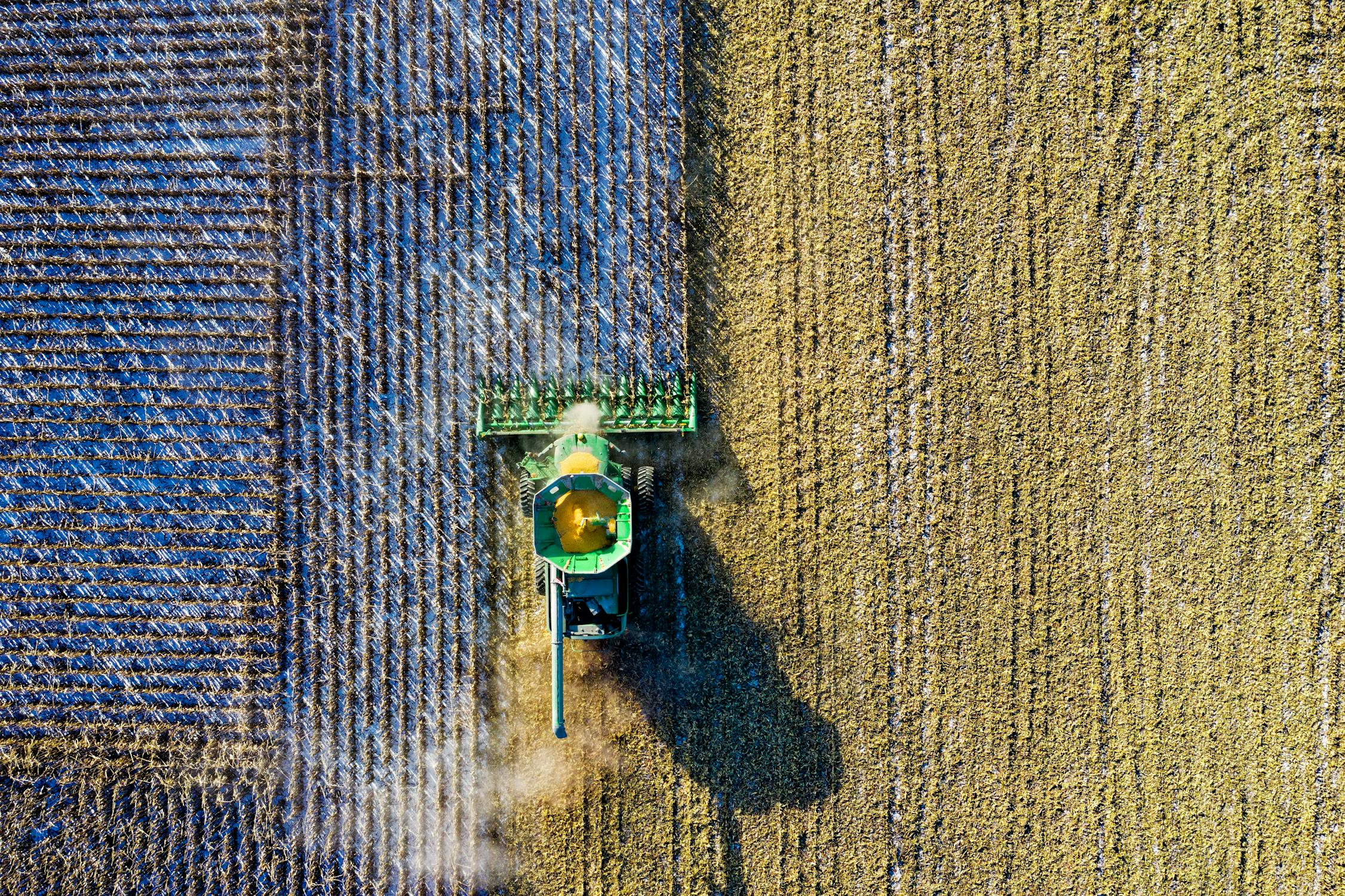
Source: Tom Fisk/Pexels
“Sharing current data could help increase visibility into potential national security risks related to foreign investments in U.S. agricultural land,” the report said.
The Failures of the USDA
During the congressional meeting, the USDA was unable to answer basic questions about land ownership, showcasing the cracks in the foundation of the department.
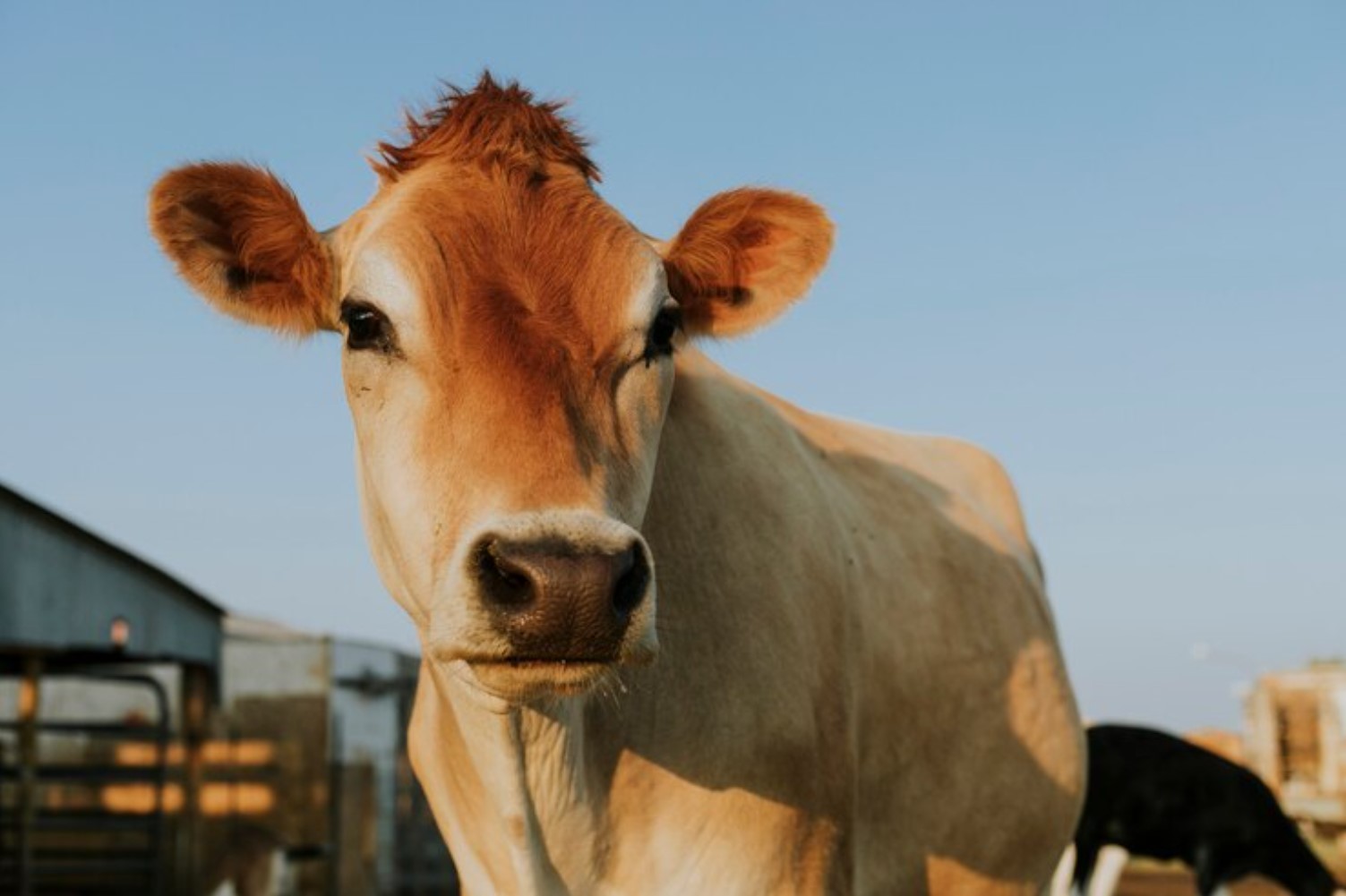
Source: Freepik
The worst part: the USDA seemed to show no plan to address the ongoing issues, which congressional members stress will allow “this dangerous flaw that affects our supply chain and economy” to persist.
The Threat to Your Dinner Table
This failure of the USDA to track the purchase of farmland in the US poses a threat to food security and national security. It shows a clear lack of understanding of who owns over 40 million acres of farmland.

Alex Haney/Unsplash
“We cannot allow foreign adversaries to influence our food supply while we stick our heads in the sand,” Congressman Dan Newhouse said.
Effecting the Future Food Supply
China is the largest export market for US food and agricultural products. Any disruption in trade relations could have a devastating effect on American growers.

Source: Freepik
Soybean Association President Josh Gackle emphasized the irreplaceable demand for soybeans in China. This highlights the delicate trade-off between security measures and maintaining export markets.
The Future of Farmland in America
Currently, the US is working on ways to diversify export markets and reduce its dependency on China for food, goods, and services. However, this process is slow and unlikely to fully offset potential losses.

Source: Marie Anna Lee
The urgency of addressing this issue is clear to US lawmakers, but the complexities of navigating the agricultural sector, coupled with what seems to be an unbending USDA, could make progress difficult.
